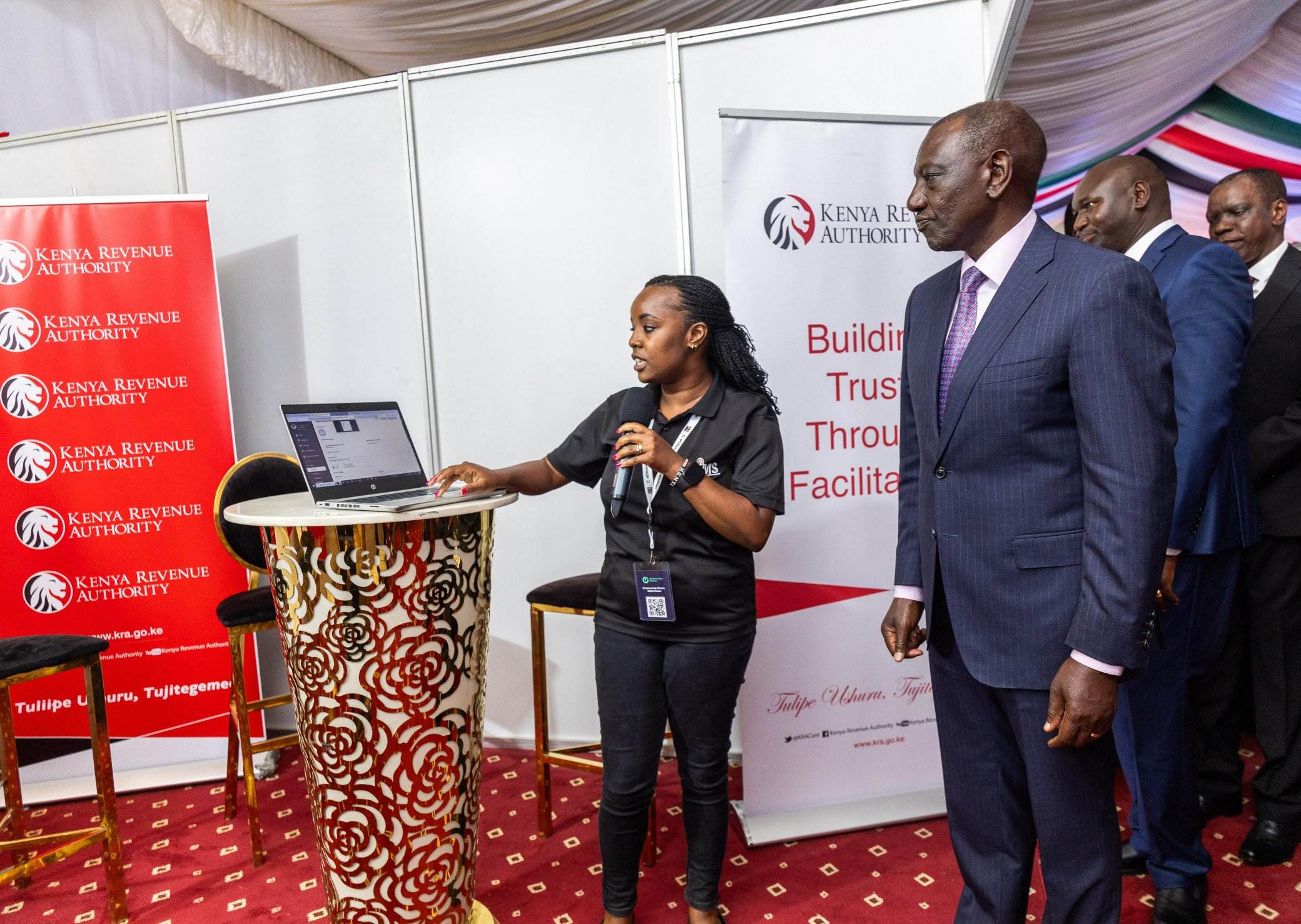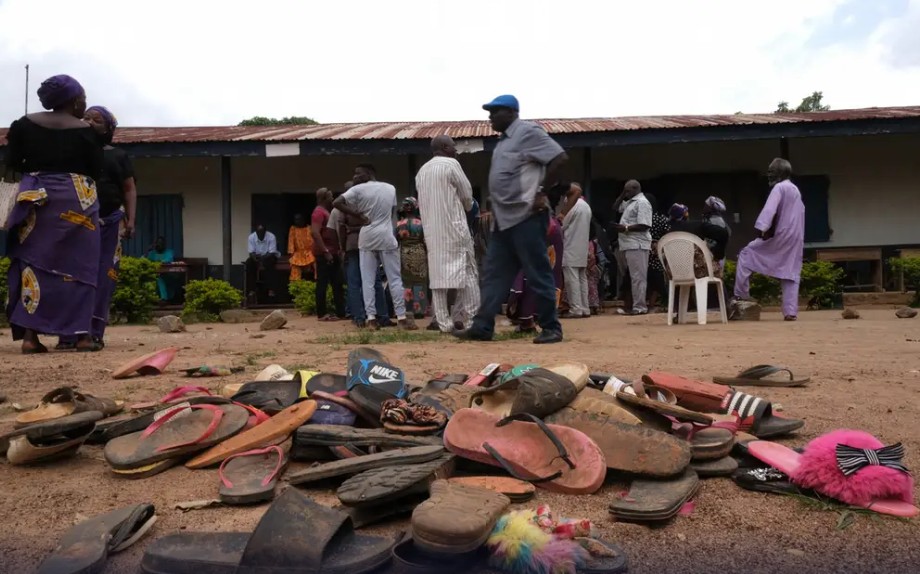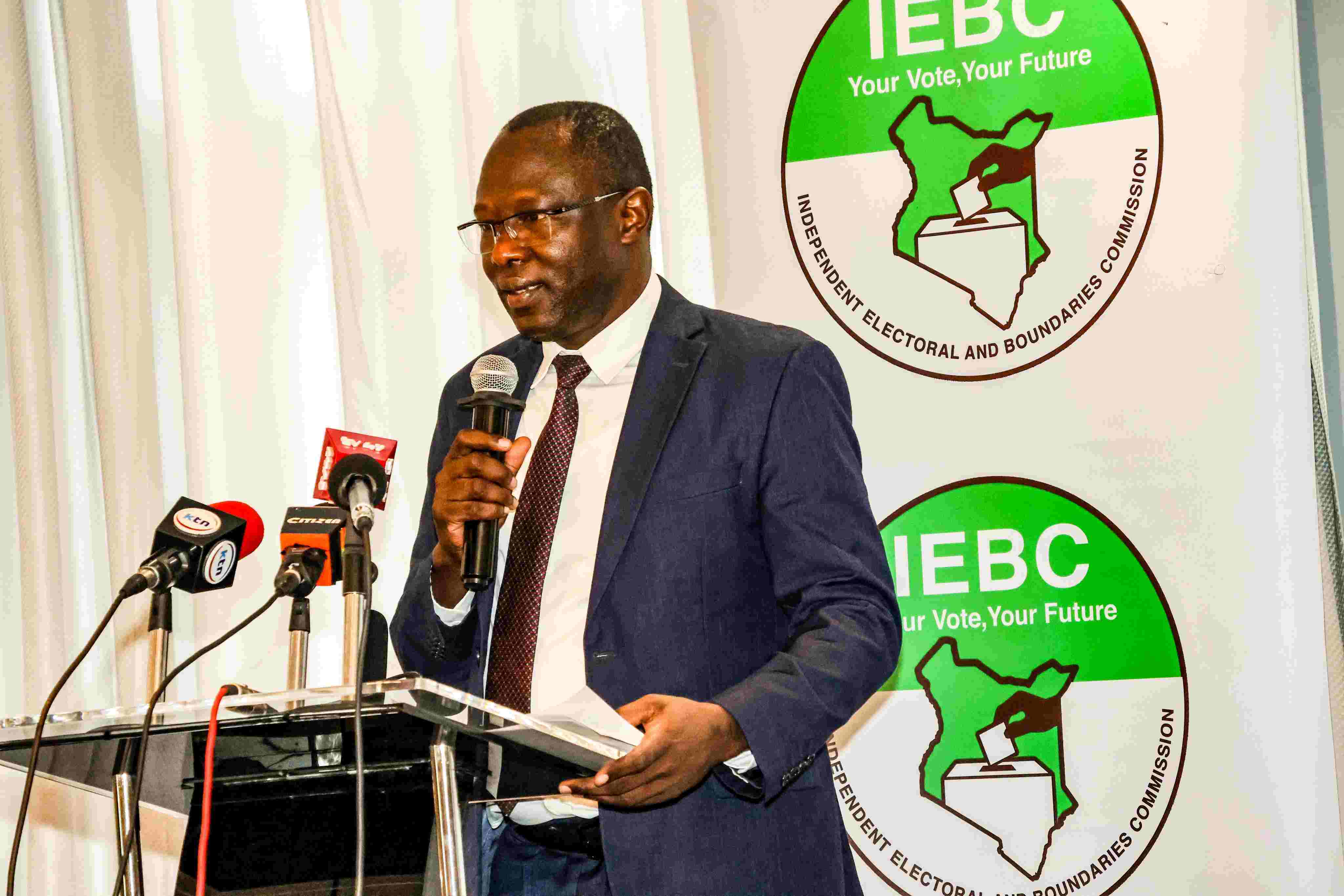MPs want Kenya Power's electricity billing system audited to tackle high prices

To reduce reliance on expensive power generation, the committee suggested that Kenya Power consider recommissioning retired power plants.
A parliamentary committee has called for a forensic audit of Kenya Power's electricity billing system following persistent consumer complaints of inflated bills and discrepancies in charges.
The move comes after extensive investigations into the rising cost of electricity in the country, with the National Assembly's Committee on Energy highlighting a need to determine whether fraud, corruption, or financial mismanagement is contributing to the inflated prices.
More To Read
- Auditor General flags Kenya Power for missing 30 per cent tender quota for youth, women, and PWDs
- Kenya’s electricity demand hits all-time high of 2,439 MW, straining power generation capacity
- State agencies, counties owe Kenya Power Sh4.67 billion in unpaid bills - Auditor General
- Kenya Power ends manual applications, new connection requests exclusively via website
- Over 16,000 in the dark as Kenya Power struggles to procure essential meters, transformers
- 122 electrocuted as illegal connections, encroachment rise - Kenya Power
The committee, chaired by Mwala MP Vincent Musyoka, has requested Auditor General Nancy Gathungu to carry out a detailed forensic audit to scrutinise various aspects of Kenya Power's operations.
The audit will focus on several key areas, including procurement processes, billing systems, revenue collection, human resource management, debt management, and operational performance.
The committee specifically wants the Auditor General to evaluate the pass-through charges applied to both prepaid and post-paid consumers.
According to the report adopted by the committee, the forensic audit should be completed within six months and must adhere to the provisions of the Public Audit Act of 2015.
It also mandates that the Auditor General's findings be submitted to the National Assembly for review.
"The launch of this audit is necessary to uncover the truth behind the inefficiencies in the system and to hold accountable those responsible for any financial improprieties," the report stated.
Rising electricity prices
The committee's call for an audit follows alarming revelations made during an inquiry into the rising electricity prices, where lawmakers and industry stakeholders accused Kenya Power of exacerbating the financial burden on consumers.
One of the most shocking testimonies came from Deputy Auditor General Stanley Mwangi, who told the committee that Kenyan consumers were being charged for electricity they did not use.
He also revealed that the charges were often impossible to trace back to actual consumption.
In his presentation to the committee in August, Mwangi noted significant flaws in Kenya Power's billing system, including faulty meters and discrepancies between check meters and main meters.
He explained that of the 96 electricity plants supplying power to Kenya Power, only 38 were equipped with check meters and all of these were grid power stations.
"Almost 20 per cent of the bill to consumers cannot be matched to actual consumption, neither can the distribution company attribute it to a specific consumer," Mwangi said.
"Although Kenya Power claims to have worked on reducing power losses, there is no clear evidence of improvements or recovery of these losses. The mischarging of losses contributes to the high cost of electricity," he added.
System losses
The Auditor General's office also flagged issues with the miscalculation of system losses.
According to the Auditor General's data, Kenya Power's system losses stood at 23.98 per cent in the Financial Year 2020-2021, well above the approved loss limit of 19 per cent.
In subsequent years, system losses remained high, reaching 22.44 per cent in FY2021-2022 and 23 per cent in FY 2022-2023, significantly higher than the industry standard of 16 per cent.
The Kenya Association of Manufacturers (KAM), which also presented its concerns to the committee, pointed out that reducing system losses from the current 22.43 per cent to 14.5 per cent could save consumers approximately Sh6 billion annually.
The association noted the importance of addressing these losses to alleviate the financial strain on businesses and households alike.
As part of its recommendations, the parliamentary committee urged Kenya Power to conduct a thorough load analysis to identify technical losses across the network.
Tamper-proof check meters
The committee also called for the installation of tamper-proof check meters in all power plants to ensure accurate billing. It further recommended that Kenya Power use updated study reports and minimise errors in the calculation of system losses.
To address the operational inefficiencies, the committee proposed the introduction of high-efficiency, low-loss transformers, advanced metering infrastructure, and smart grid technologies.
They also recommended the installation of capacitor banks and the development of the power system to meet the N-1 criteria, which would improve the resilience of the grid.
To reduce reliance on expensive power generation, the committee suggested that Kenya Power consider recommissioning retired power plants through Kenya Electricity Generating Company.
These plants should operate under a take-and-pay agreement with negligible capacity charges, subject to a thorough assessment by the Auditor General to ensure cost-effectiveness.
Top Stories Today












































